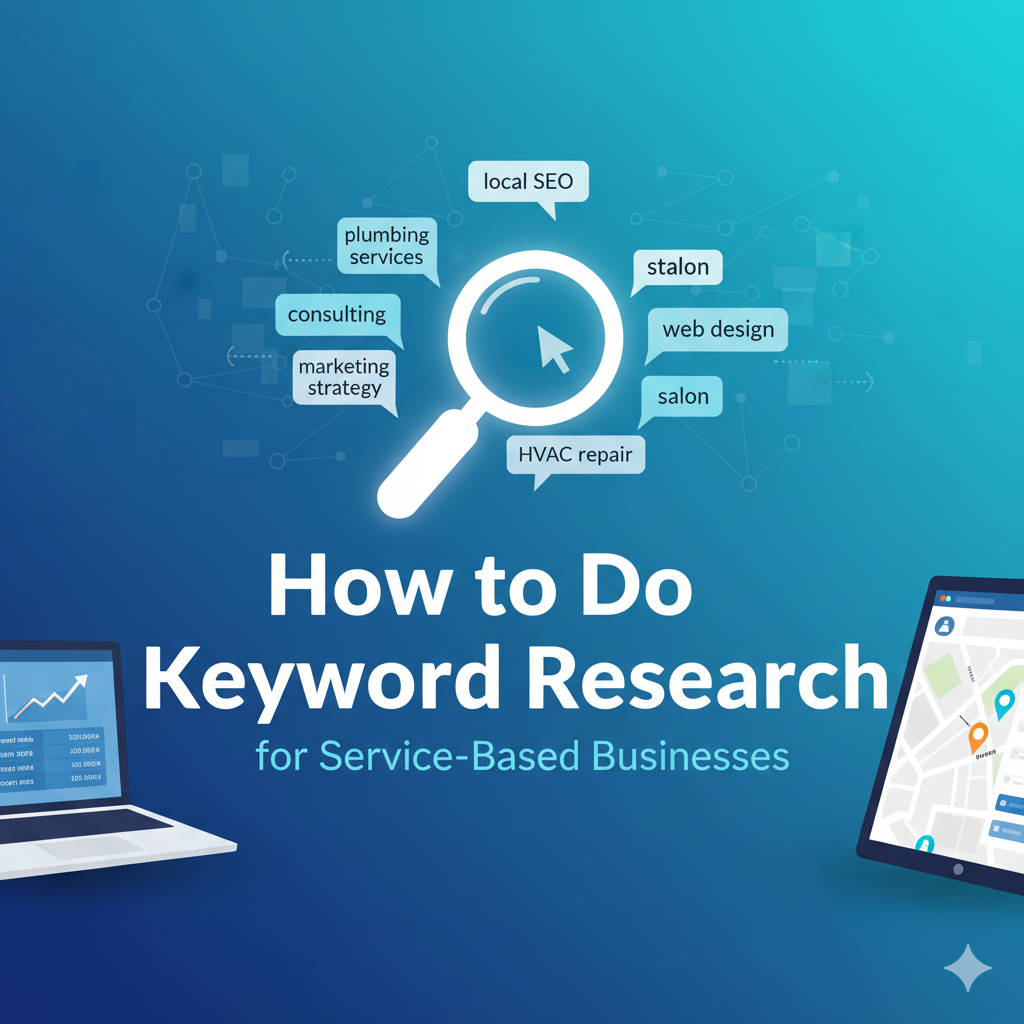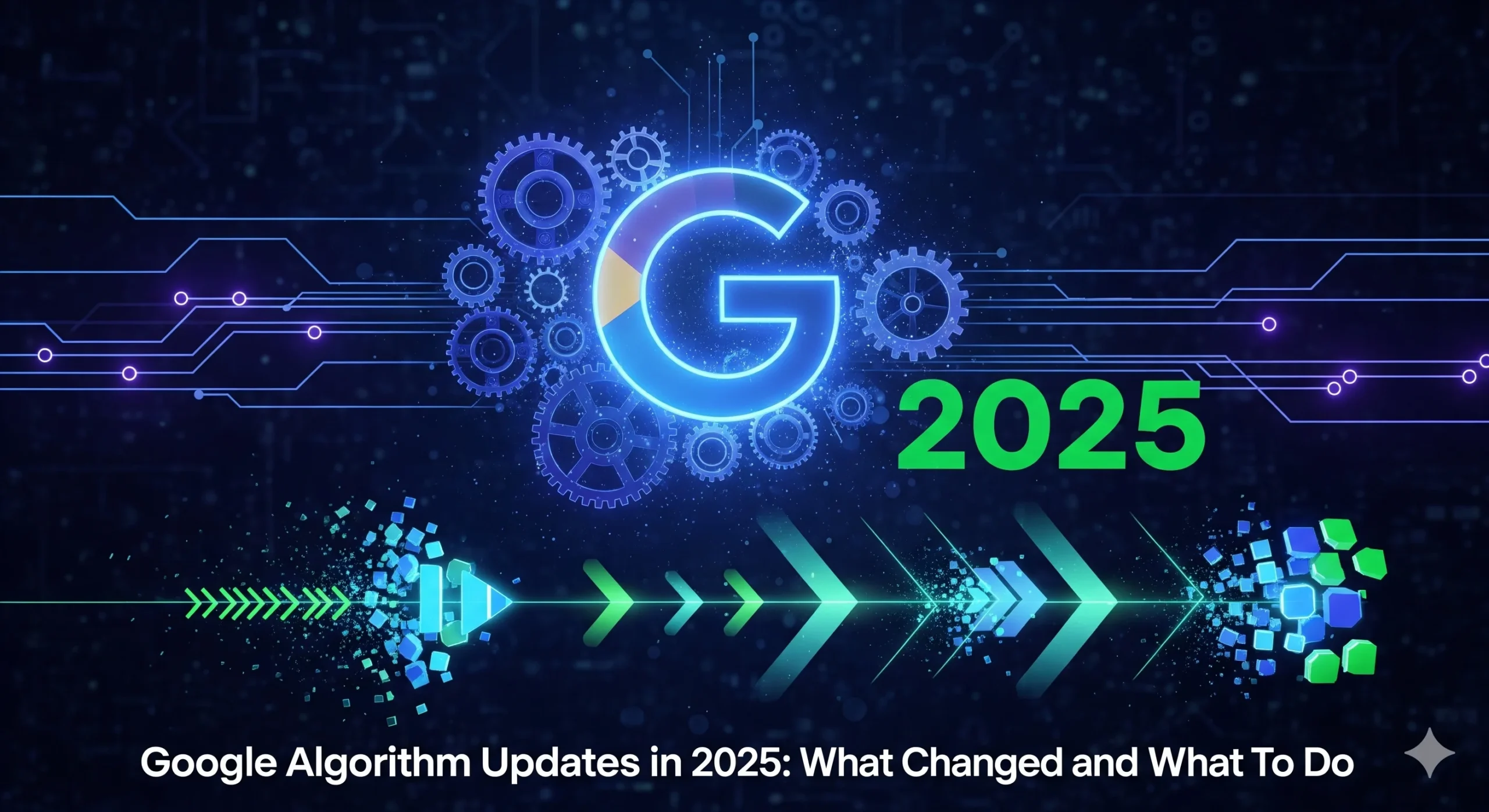Introduction: SEO Is Evolving — Are You?
In 2025, the question isn’t just “How do I rank on Google?” — it’s now “How do i Rank Website on ChatGPT, Gemini, and other AI answers?”
ChatGPT and other large language models (LLMs) are not search engines in the traditional sense — but they’re rapidly becoming the primary source of information for millions of users. Whether someone’s asking ChatGPT for the best marketing tools, coding help, or a product recommendation, LLMs summarize and cite real web content.
This post will walk you through how to rank your website in ChatGPT responses — and why it’s the new frontier of SEO.
Why “Ranking” in ChatGPT Matters
While LLMs don’t have a search results page, they cite sources — often linking to websites, blogs, or data. If your content is relevant, clear, and trusted, it may be referenced directly in AI-generated answers.
This means more:
- Referral traffic
- Brand visibility
- Authority positioning
Even without a “position 1” on Google.
✅ Step-by-Step Guide: How to Rank on ChatGPT
Step 1: Understand How ChatGPT Selects Content
LLMs like ChatGPT (especially when browsing is enabled) retrieve and summarize content based on:
- Topical relevance
- Clarity and structure
- Authority and trust signals
- Citations, facts, and structured data
They’re not just scanning for keywords — they’re looking for answers that match the user’s query contextually.
Step 2: Create Content That’s LLM-Friendly
To be cited by ChatGPT, your content must be:
✅ Well-structured
Use proper headings (H2/H3), bullet points, and clean formatting.
✅ Semantically rich
Use related phrases, synonyms, and topic clusters — not just keywords.
✅ Answer-focused
Directly answer common questions in your niche using clear language.
✅ Credible and sourced
Include references, stats, or links to primary sources to build authority.
✅ Human + Machine readable
Write naturally, but test how AI reads your content (you can paste it into ChatGPT and ask: “Summarize this for a reader”).
Step 3: Use the Right SEO Tools
These tools help create content that AI models understand and favor:
- Surfer SEO / MarketMuse / Clearscope – Ensure topical depth
- Frase – Build outlines based on real questions
- ChatGPT / Claude / Gemini – Test how your content is interpreted
- Yoast / RankMath (WordPress) – Structure metadata properly
- Google Search Console + GA4 – Track user behavior and pages that get traction
Step 4: Structure Your Pages for AI Crawlers
AI systems look for clarity. You should:
- Use FAQ sections (Google’s SGE and ChatGPT love these)
- Add schema markup (FAQ, Article, Author, How-To)
- Optimize page titles and meta descriptions clearly
- Include data tables, step-by-step guides, or summaries for easy parsing
Step 5: Focus on E-E-A-T
Google and LLMs favor content with:
- Experience
- Expertise
- Authoritativeness
- Trustworthiness
To optimize for E-E-A-T:
- Add author bios with credentials
- Link to external authoritative sources
- Cite first-hand experience (especially in YMYL niches like health, finance, legal)
- Encourage backlinks and mentions from other reputable sources
Step 6: Answer Questions Like ChatGPT Would
LLMs love clean Q&A content. Try this:
- Write articles in FAQ format
- Include “People Also Ask” style sections
- Use titles like “What is…”, “How does…”, “Why should…”
Example:
Q: What is LLM SEO?
A: LLM SEO is the practice of optimizing content for visibility in large language models like ChatGPT, Gemini, and Claude…
Step 7: Monitor If You’re Being Cited
There’s no official dashboard (yet), but you can:
- Use ChatGPT Pro (with browsing) to simulate searches
- Ask: “What are the best digital marketing blogs?” or “According to [topic], what should I do?”
- Look for your domain in the responses
Tools like AIPRM, Glimpse, and SGE testing plugins can also help analyze AI-generated search previews.
Pro Strategy: Build Content That Feeds Prompts
Many LLM answers are generated from:
- Lists (Top tools, Top tips, Step-by-step guides)
- Tutorials or “How-To” content
- Product comparisons or FAQs
💡 Pro Tip: Use tools like AlsoAsked.com or AnswerThePublic to find popular prompts and frame your content accordingly.
Execution Plan (Summary)
| Phase | Actions |
| Research | Analyze what ChatGPT shows for your topic |
| Content | Write structured, semantic, clear, sourced content |
| Technical SEO | Add schema markup, FAQ blocks, and optimize for clarity |
| Authority | Build backlinks, E-E-A-T signals, and original insights |
| Testing | Use ChatGPT and Gemini to see how your content is presented |
| Iteration | Refine based on what content gets cited or ignored |
Final Thoughts: The Future Is Conversational
As AI continues to reshape how people access information, visibility in LLMs like ChatGPT is the new frontier of SEO.
If you’re already writing high-quality, helpful content — great. Now it’s time to format it for AI, test how it performs, and stay ahead of the curve while others are still optimizing only for page one of Google.
Ready to Optimize for ChatGPT and LLMs?
If you’re serious about getting your site featured in AI responses, I offer:
- LLM content audits
- AI-SEO strategy sessions
- Done-for-you optimization services
Let’s get your site future-proofed today.




